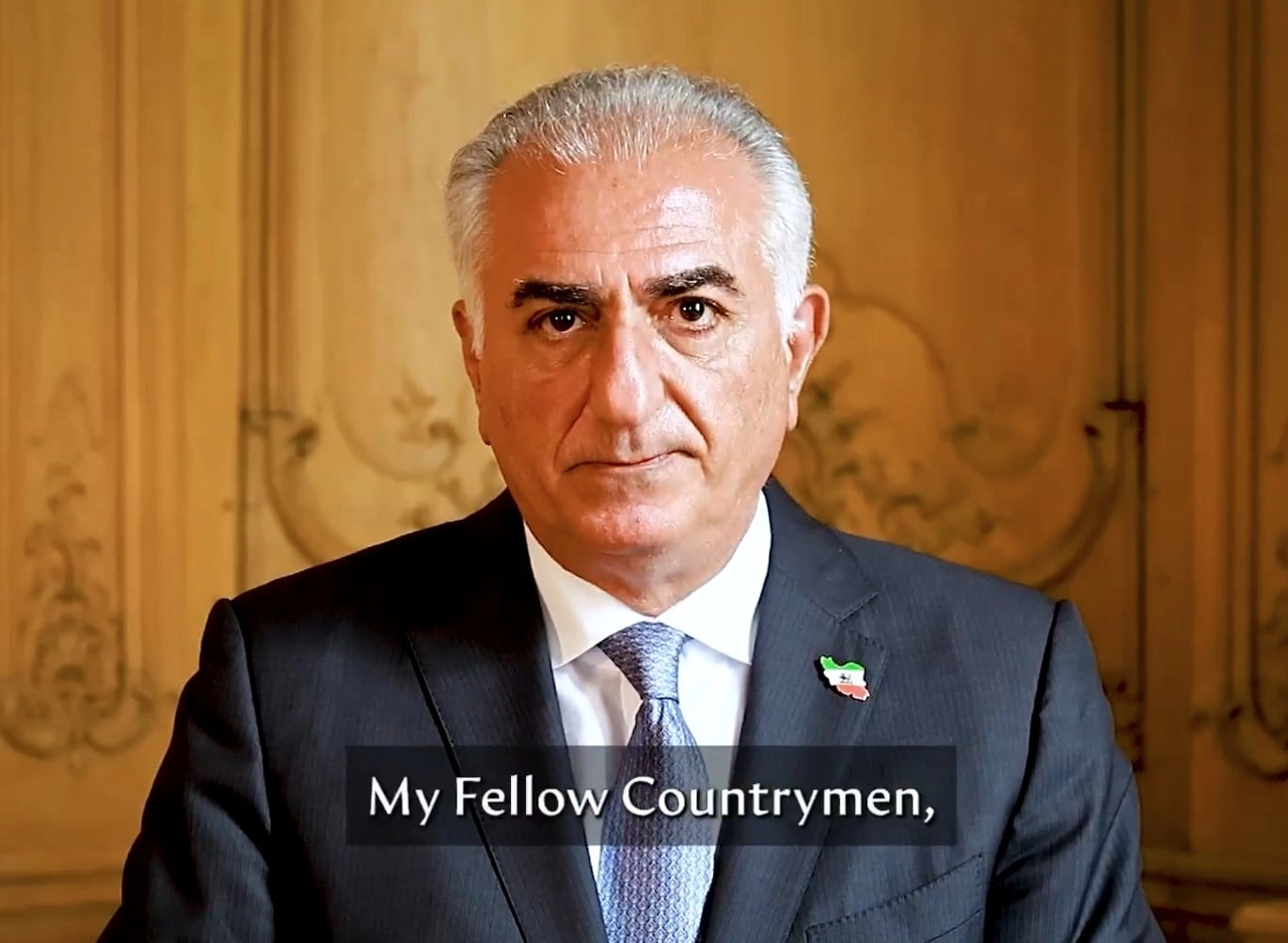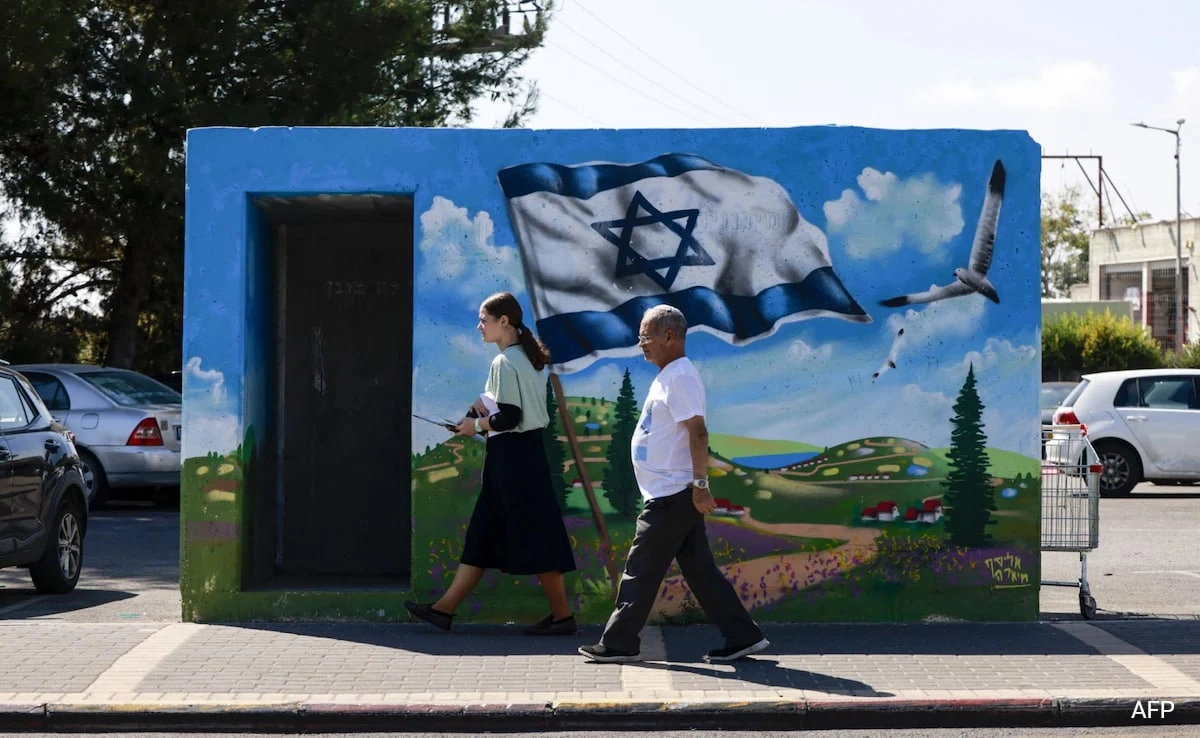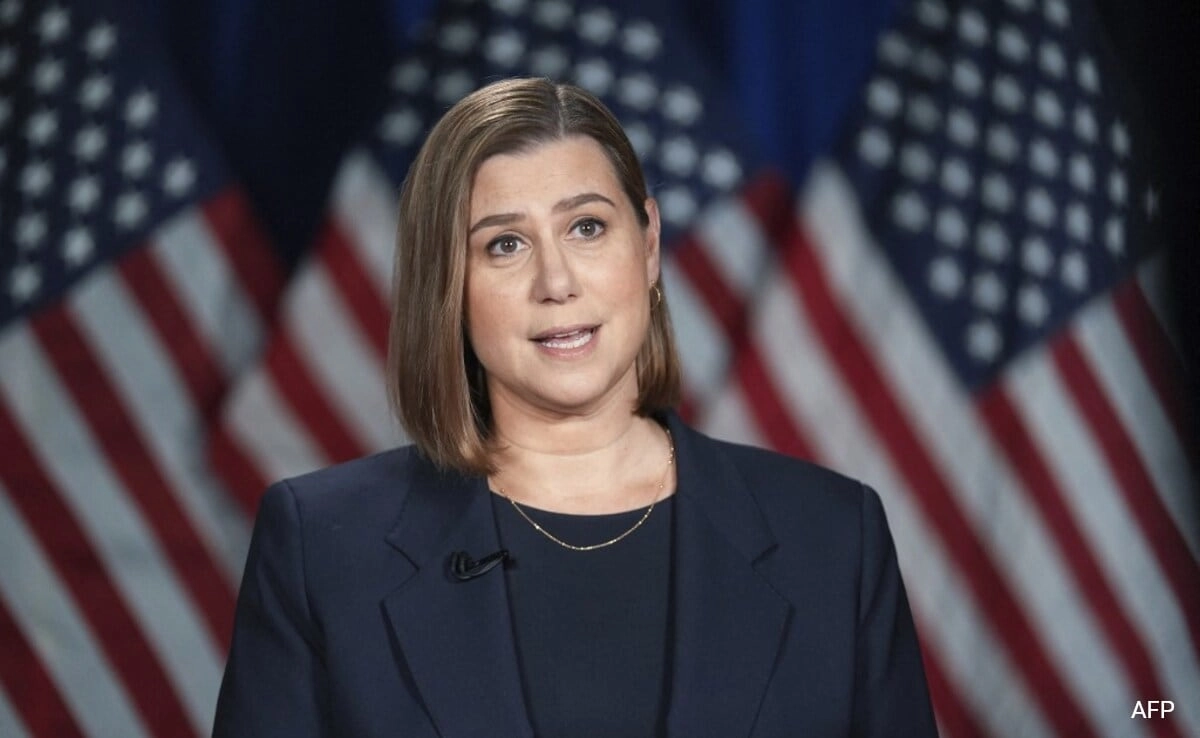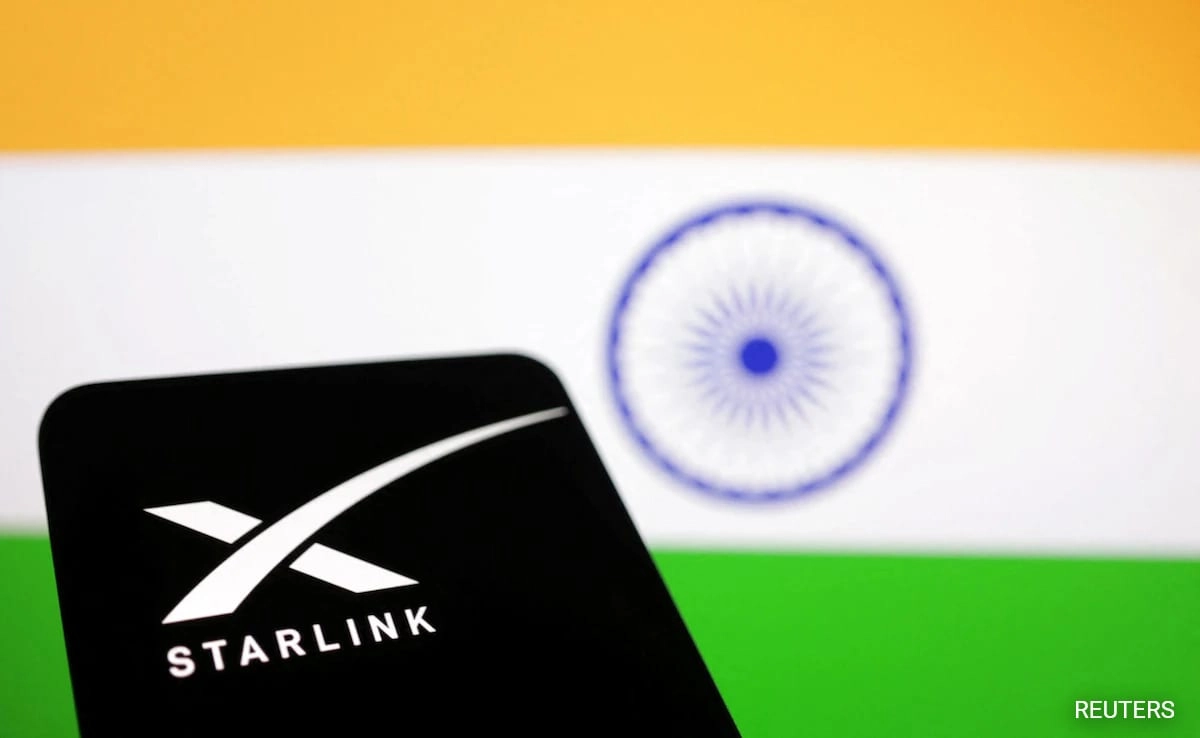Reza Pahlavi, the exiled son of the last Shah of Iran, has emerged as a significant figure in the ongoing struggle for democratic reform in Iran. His vision for a free and democratic Iran resonates with many who seek to break free from the oppressive regime that has ruled the country since the 1979 Islamic Revolution. Drawing parallels to pivotal moments in history, such as the fall of the Berlin Wall, Pahlavi believes that Iran is on the cusp of a transformative change, where the aspirations of its citizens for freedom and democracy could lead to the dismantling of a repressive system.
Pahlavi’s approach is marked by a blend of advocacy for human rights and a call for unity among various opposition groups, which have often been fragmented and disorganized. By leveraging his background and the legacy of his family, he aims to inspire Iranians both inside and outside the country to come together in the pursuit of a common goal: the establishment of a secular, pluralistic democracy. His vision extends beyond mere political change; it encompasses a broader societal transformation that addresses the deep-rooted issues of national identity and cultural heritage, crucial for fostering a cohesive and resilient society post-regime.
The analogy of a “Berlin Wall” moment is particularly poignant. Just as East Germany’s populace rose up against decades of oppression, demanding freedom and self-determination, Pahlavi envisions a similar awakening among Iranians who have long endured the restrictions imposed by the current regime. The recent waves of protests in Iran indicate a growing discontent and a desire for change that echoes the sentiments of those who fought against authoritarian rule in Eastern Europe. Pahlavi’s role as a unifying figure could be pivotal in channeling this energy into a sustained movement that challenges the status quo.
However, the path to this envisioned transformation is fraught with challenges. The Iranian regime is known for its resilience and ability to suppress dissent, often resorting to brutal crackdowns on protests and opposition. Moreover, the diverse political landscape within Iran means that various factions may have conflicting visions for the future, complicating efforts for a unified front. Pahlavi’s ability to navigate these complexities and foster a sense of solidarity among disparate groups will be crucial for any potential success. Ultimately, the quest for a “Berlin Wall” moment in Iran hinges on the collective will of its people and their determination to reclaim their rights and freedoms.




